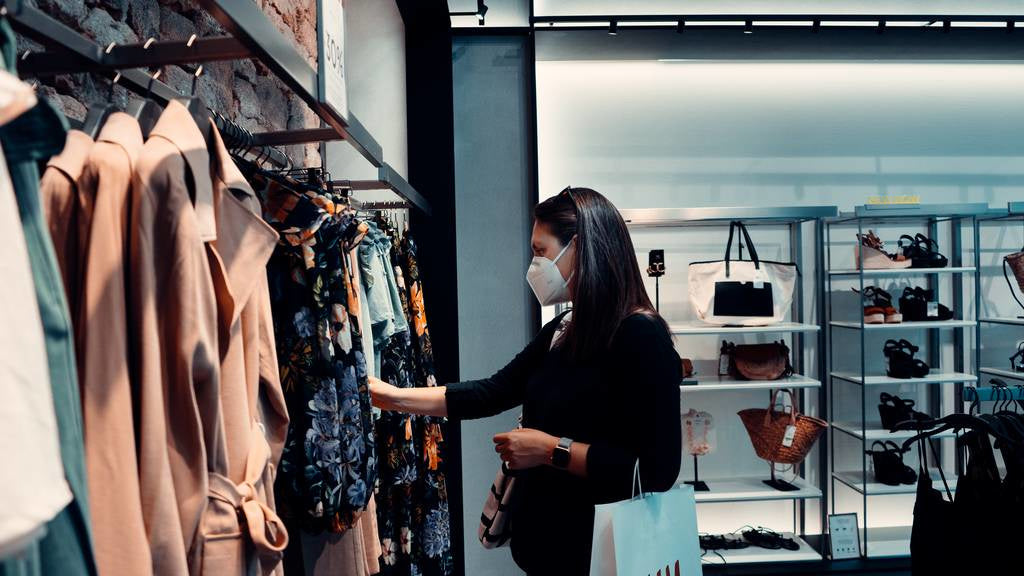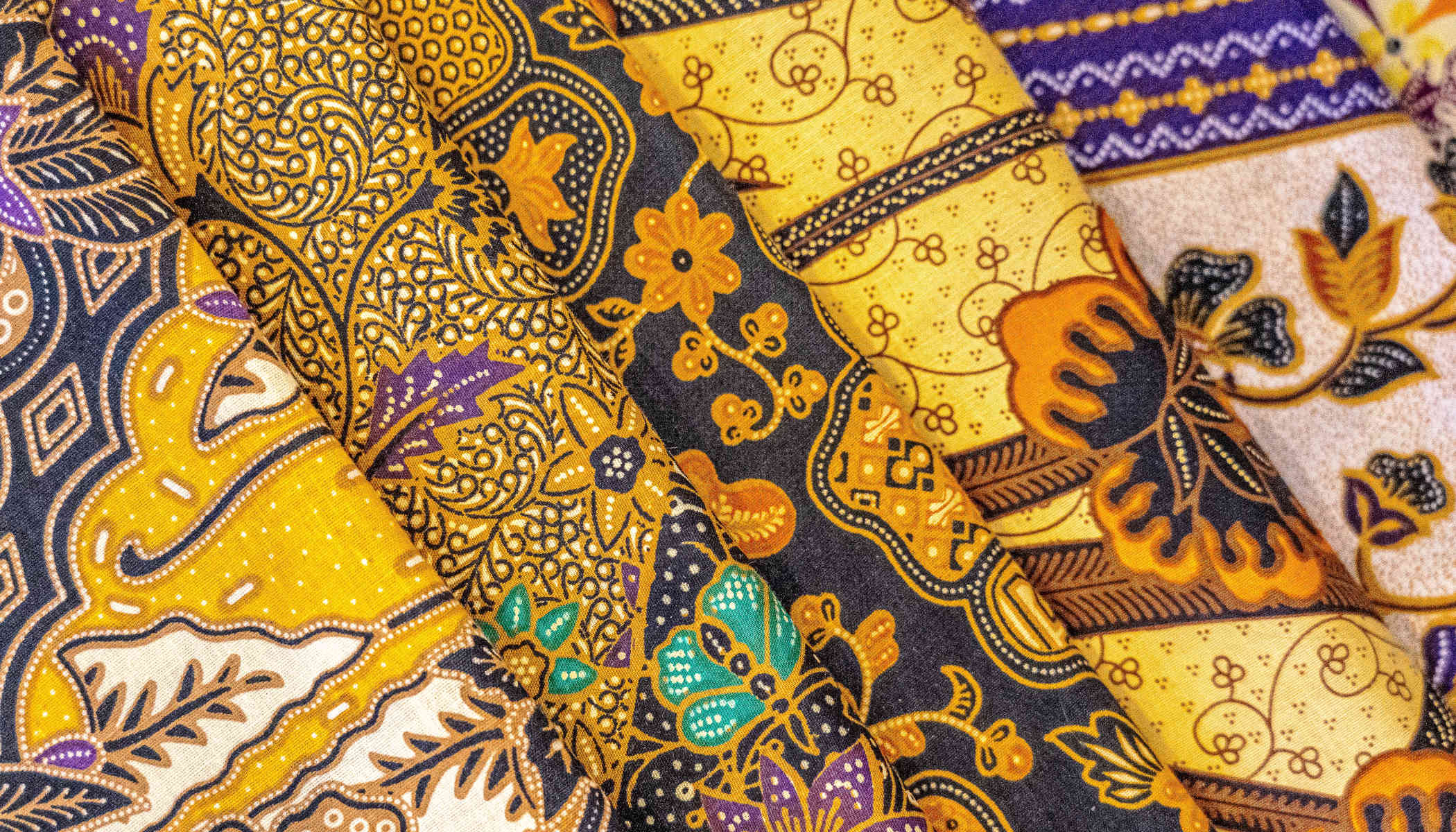
Fashion's Change of Pace
Lockdown restricted routines, changed consumer habits and ultimately influenced a multitude of industries, including the fashion landscape. The unfolding situation has and continues to greatly affect how we embrace the quietude of home – taking the time to rethink the future of fashion itself.
Quality over Quantity
The pandemic has ultimately led to a course correction in the fashion industry, unfolding an emphasis on quality over quantity when it comes to purchasing habits and conscious designs. For consumers in particular, many are focusing now more than ever on buying less, whilst obtaining a stronger focus on long-lasting garments which are a wardrobe investment. Infact, studies suggest “52% intend to make long term changes to their fashion consumption, including a third of women who say they will be purchasing fewer items of clothing in the future.”
With limited outings and sparse gatherings, the nature of demand has also changed over the last seven months. That’s something which Vogue editor, Dame Anna Wintour, recently explained:
“I think it’s an opportunity for all of us to look at our industry and to look at our lives, and to rethink our values, and to really think about the waste, and the amount of money, and consumption, and excess that we have all indulged in and how we really need to rethink what this industry stands for.”
So when looking at how influential designers across the fashion landscape are reflecting on this change of page, it’s clear that we are all trying to come together to find that sweet spot between trending styles and sustainable long-lasting looks.
At Amrika, we work with leading designers from around the world, who are inspired by Indo-western wear but also primarily uphold ethically produced production methods. For example, designer duo SVA Couture are known for their core ethos of protecting & preserving India’s rich national legacy of textile & crafts. To empower the grassroots and celebrate the beauty of human craftsmanship throughout their collections. So by supporting our brand, consumers are also helping encourage a multitude of studios who are trying to help make a positive difference, without compromising quality.

Luxury brands donate
Elle recently reported how many designers helped support the extensive impact on the global luxury goods market by helping their local communities during the pandemic. For example, Prada's co-CEOs and chairman donated intensive care and resuscitation units to three hospitals in Milan, including Vittore Buzzi, Sacco and San Raffaele. Dolce & Gabbana also helped Humanitas University for a research project hoping to support their fight against coronavirus: 'We felt we had to do something to fight this devastating virus, which started from China but is threatening all mankind,' Domenico Dolce and Stefano Gabbana announced.
Amongst the acts of kindness over social media at the moment as well, small and independent fashion brands also also help fighting for survival are also doing their part. Showing that everyone is trying to do what they can during these difficult times.
So, if there is a charity or organisation which you think we should help support - moreover from an awareness perspective - please get in touch today as we would love to collaborate; atyourservice@amrika.co.uk

A chance for change?
With all these factors and unique circumstances in mind, we truly hope the pandemic becomes a positive catalyst for the fashion community and how - across all stages of production - from design to purchase - we can work together to help not only reduce waste but humanity’s carbon emissions of which the fashion industry currently makes up 10%, alongside dried up water sources and polluted oceans.
With big department stores closing around the world as well, including iconic names like Debenhams and Topshop, there is a lot of existing stock of clothing left building up in warehouses. This poses an interesting question: what can be done with this leftover stock? This thought, we believe, presents an incredible opportunity to consider how the industry can be reset and how we can invest in recycling and upcycling post-COVID-19.
At Amrika, we try to help minimise stock wastage by working with designers who produce on-demand clothing, such as Anand Kabra who create bespoke garments and capsule collections for momentous occasions, rather than focusing on the mass market.
As a consumer, how has the pandemic affected your values and purchasing habits when it comes to clothing? Are you focusing on quality garments over fast fashion and if so what are the key influences which have inspired this change? Let us know your thoughts in the comments below, we would love to hear from you.



Leave a comment
This site is protected by hCaptcha and the hCaptcha Privacy Policy and Terms of Service apply.